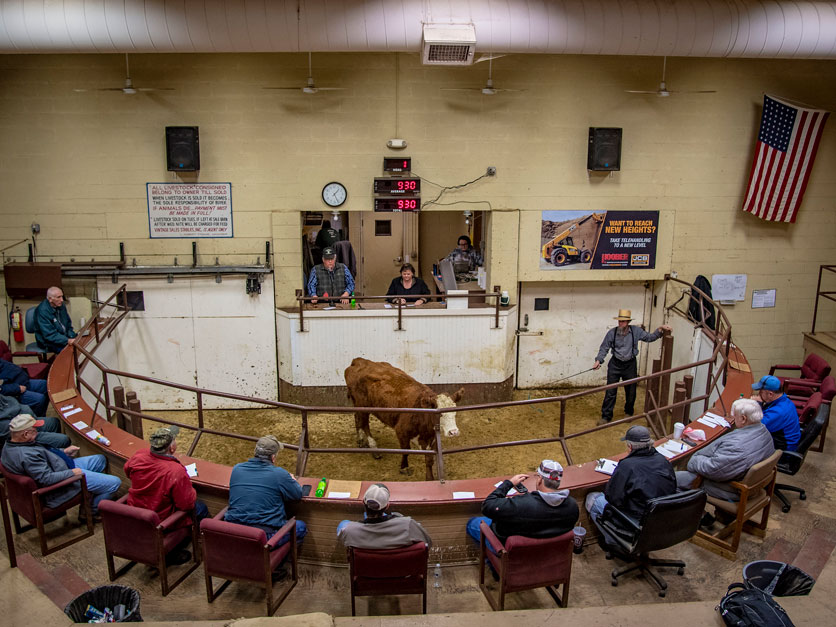Members of the Senate Agriculture Committee queried a long list of witnesses Tuesday to determine whether or not a pair of bills before the panel would advance competition concerns for the nation’s beef producers.
Both bills brought bipartisan support to the committee but also generated concern about the amount of authority given to the federal government and whether or not the beef industry’s concerns would actually be addressed if the proposals were enacted.
One measure, the Cattle Price Discovery and Transparency Act championed by GOP committee members Deb Fischer of Nebraska and Chuck Grassley of Iowa, would create regional cash trade requirements for the beef industry in a bid to boost price transparency in the sector. Another authored by Montana Democrat Jon Tester would create a new position in the Department of Agriculture to investigate violations of the Packers and Stockyards Act.
“Price discovery, market transparency, access to additional processing capacity, and proper oversight of cattle markets is important to me and all cattle producers,” Shawn Tiffany, the president-elect of the Kansas Livestock Association and a member of the Live Cattle Marketing Committee for the National Cattlemen’s Beef Association, said in his testimony. “However, neither of the bills being discussed today represent the right approach to these issues.”
Tiffany and senators opposed to the measures said they were worried about giving the government expansive authority over critical facets of the industry. But those in favor of the measures, including a bipartisan contingent of senators as well as witnesses from the National Farmers Union and U.S. Cattlemen's Association, said additional steps – including mandates – are needed to handle the groundswell of concern about the lack of trade.
Looking for the best, most comprehensive and balanced news source in agriculture? Our Agri-Pulse editors don't miss a beat! Sign up for a free month-long subscription.
“The bill doesn’t go far enough for some organizations and that goes too far for some others. For that reason, I think we have something that ought to fly here,” Grassley said.
“I think we’ve got a sweet spot here,” Fischer said at the hearing. “I’m not happy about mandates; I’m a rancher, I don’t like mandates on anything. … But when you put forward voluntary programs and it is shown they don’t work and acknowledged by associations that they don’t work, we need to look elsewhere, and we have done that with this bill.”
Fischer was referring to the 2021 effort on the part of NCBA, which was pushing a voluntary framework that ultimately failed to generate the amount of packer participation required for the program to be deemed a success according to the organization’s metrics. However, that group has since updated its policy to specify opposition to the mandatory cash trade language laid out in Fischer and Grassley’s legislation, a move that came about a month after a similar vote from members of the American Farm Bureau Federation.
For astute observers of the issue, Tuesday’s hearing offered similar commentary and anecdotes as have been observed in previous hearings about the issue. Asked after the hearing if what he had heard changed his stance on either piece of legislation, Sen. John Boozman, the committee’s top Republican member, said it hadn’t.
He said he supports increased competition and transparency, but “my producers, myself, really have concern that this is a step that we’d like for it to make a difference but it wouldn’t.”
Cattle industry issues will be before Congress again on Wednesday when the House Agriculture Committee hears testimony from the CEOs of the largest meatpackers in the country.
For more news, go to www.Agri-Pulse.com.


